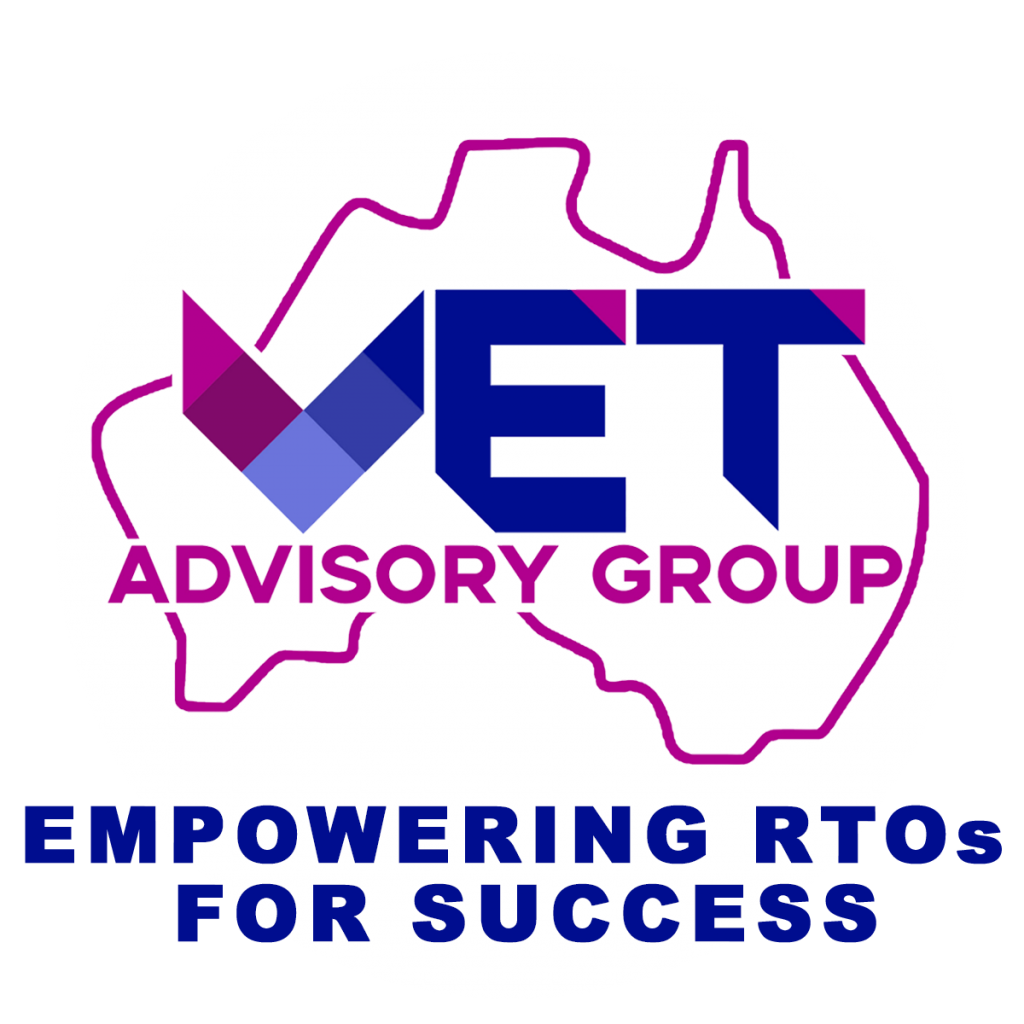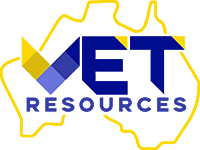
Compliance with Registered Training Organisation (RTO) standards is essential for maintaining the integrity and quality of vocational education and training. Commitment to these guidelines guarantees that RTOs provide high-quality training and assessment services that match industry needs and equip learners with important skills and certifications. However, falling short of RTO standards can have major consequences for the organisation’s legitimacy, economic stability, and capacity to operate.




